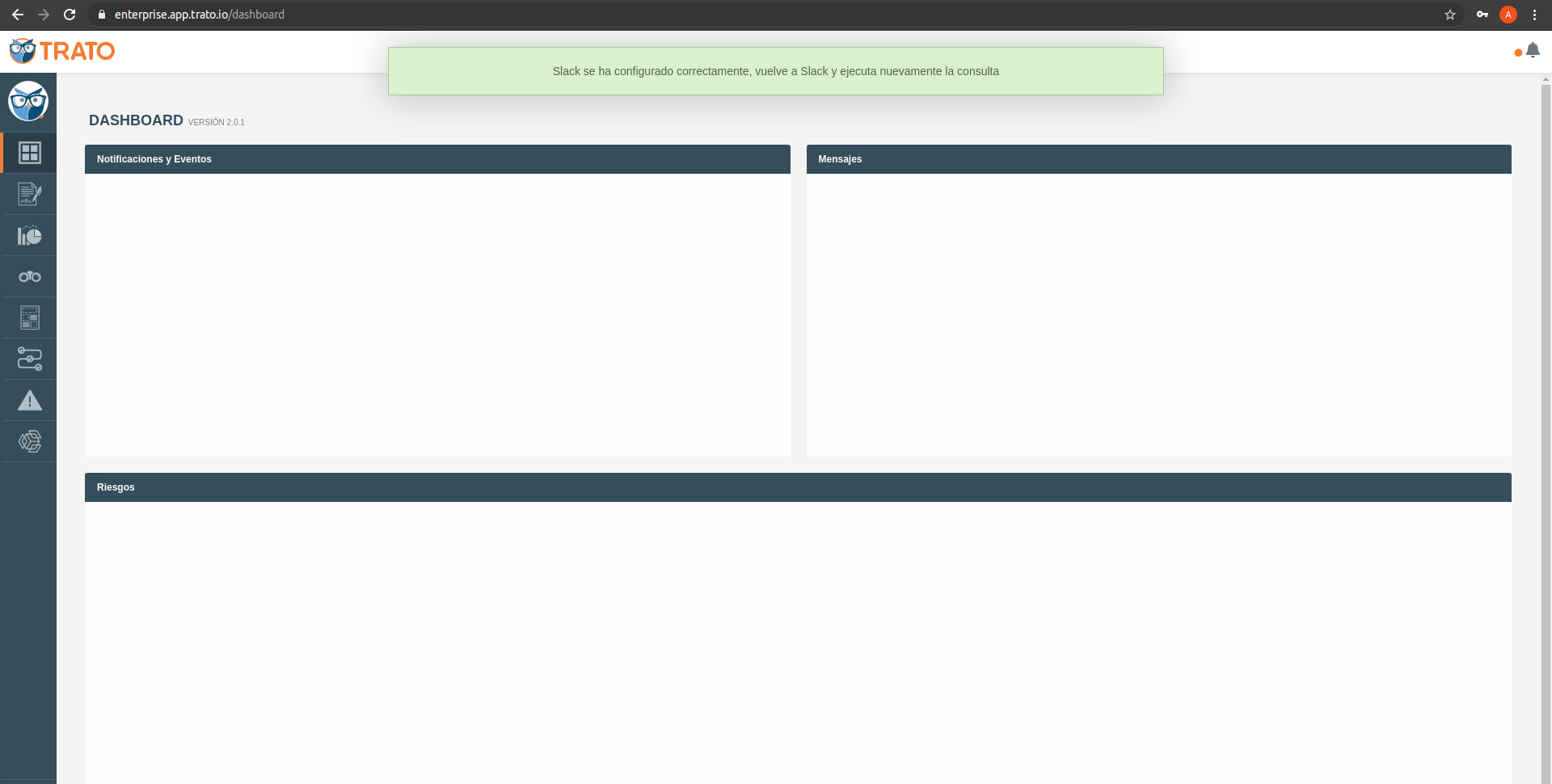

This decentralized approach will help achieve self-sovereign digital identity. With blockchain authentication, the personal information used to verify someone’s identity is stored on the block’s hash, such as name or unique identity number. Instead, a public blockchain ledger is used to guarantee data validity and security. Indeed, the entire network based on blockchain technology is capable of having its own data integrity : there’s no need for a third party to monitor the network in a centralized way. The rise of blockchain authentication is one of the most important changes in the way a person’s online identity is verified and secured. Blockchain authentication offers a most secure way to verify the origin and accuracy of digital data stored in its chained blocks. A digital technology that has become very popular in recent years, blockchain is much more than a decentralized network for cryptocurrency transactions: it is a promising solution for verifying key digital information as well as identity authentication. This is why in recent years, user data ownership and digital identity authentication have raised privacy and security concerns for end users who are increasingly valuing their information and personal information.

In these cases, the service provider has total control over user data. In the last 20 years, online services have enabled individual users and organizations to perform different types of transactions such as banking, currency trading, etc.


 0 kommentar(er)
0 kommentar(er)
